Question And Answer
Publications
Articles, publications, books, tools and multimedia features from the U.S. Institute of Peace provide the latest news, analysis, research findings, practitioner guides and reports, all related to the conflict zones and issues that are at the center of the Institute’s work to prevent and reduce violent conflict.
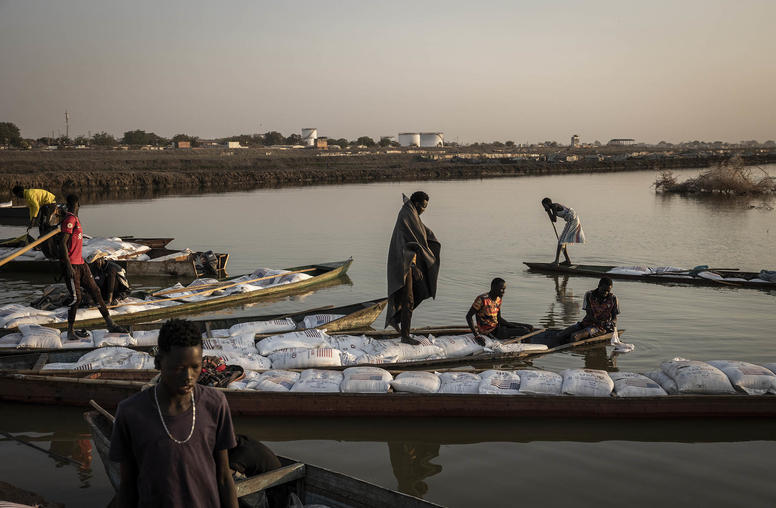
Before the Next Shock, the World Needs a ‘Marshall Plan’ for Food Insecurity
In recent years, the world has seen a host of interconnected challenges, with a crisis in one part of the world setting off epiphenomenal emergencies elsewhere. Russia’s invasion of Ukraine cut off many countries from their main supply of wheat and coarse grains, disrupting global food supply chains that were already stressed by the COVID pandemic. This led to further food insecurity in regions of the world, like East Africa, that were already dealing with starvation and malnutrition due, in part, to severe drought brought on by climate change.
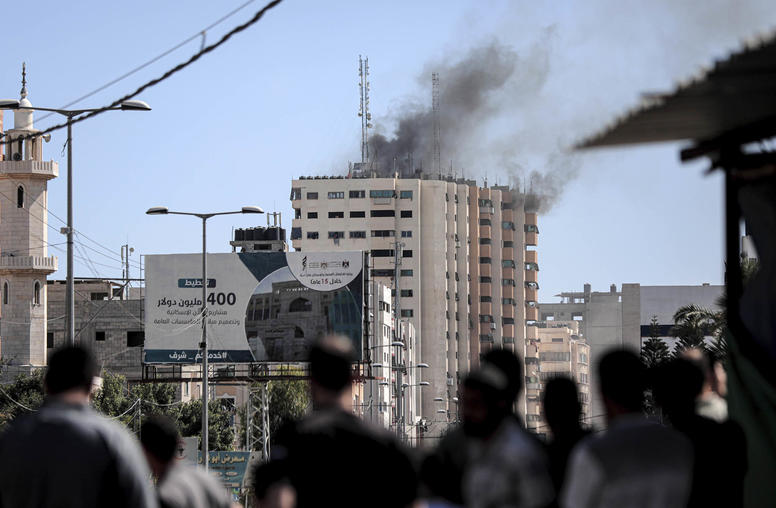
Is China Preparing to Make a Run at Israeli-Palestinian Peace?
Since April of last year, Xi Jinping and China’s foreign policy apparatus have been touting the Chinese leader’s vision of an alternative to the U.S.-led global security order, dubbed the Global Security Initiative (GSI). While Beijing has incrementally elaborated on Xi’s GSI, it remains an inchoate, fuzzy concept. What is clear is that Beijing wants to be seen as a global force for peace and stability that is capable of resolving international issues that appeared intractable under the U.S.-led security order. And it has repeatedly pointed to the detente it brokered between longtime foes Iran and Saudi Arabia as an example of its peacemaking prowess. As China deepens its involvement in the Middle East and campaigns for the GSI, is it gearing up to take on one of the region’s most vexing challenges, the Israeli-Palestinian conflict?
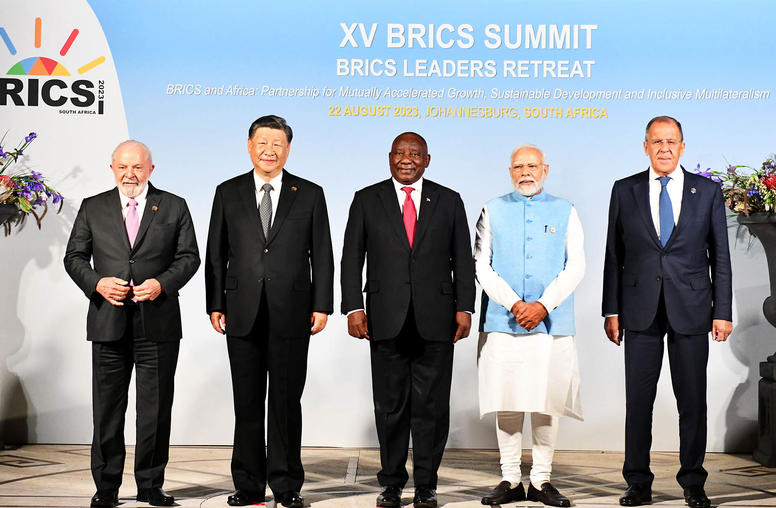
Why the BRICS Summit Could Be a Big Deal
The leaders of the so-called BRICS (Brazil, Russia, India, China and South Africa) are gathering in Johannesburg this week in what is likely to be pivotal meeting for the bloc’s trajectory. Russian President Vladimir Putin will not be attending due to an International Criminal Court warrant. But Moscow and Beijing will be pushing for the group’s expansion in a bid to strengthen the bloc as an alternative to the U.S.-led liberal international order. Over 40 countries have applied to join. But there is division within the five members. Brazil and India fear that expansion will dilute their influence and impact their nonaligned foreign policies.
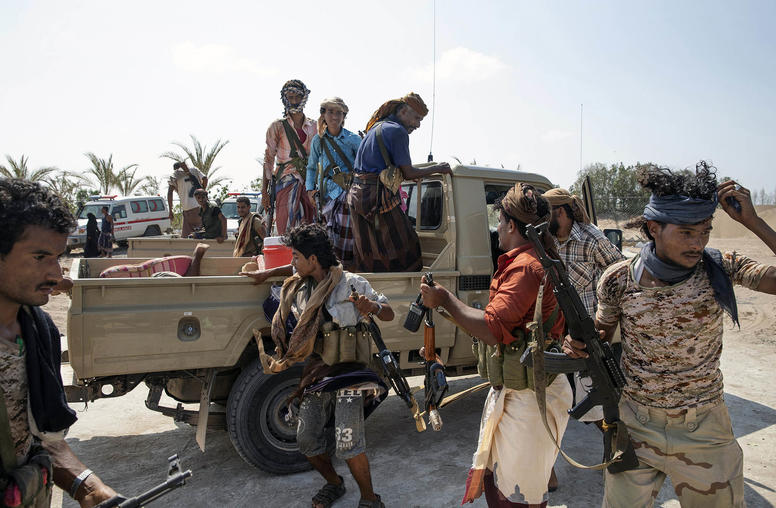
What You Need to Know About China’s Saudi-Iran Deal
Iran and Saudi Arabia announced last Friday a Chinese-brokered deal to restore relations. After decades of enmity and a formal cutting of ties in 2016, the rapprochement has been touted as a momentous development in the region. But how it ultimately impacts the Middle East remains a very open question, as the long adversarial powers are fighting a proxy war in Yemen and continue to support opposing sides across the region. Amid perceived U.S. retrenchment from the Middle East, the deal is a diplomatic win for China as it increasingly seeks to present an alternative vision to the U.S.-led global order.
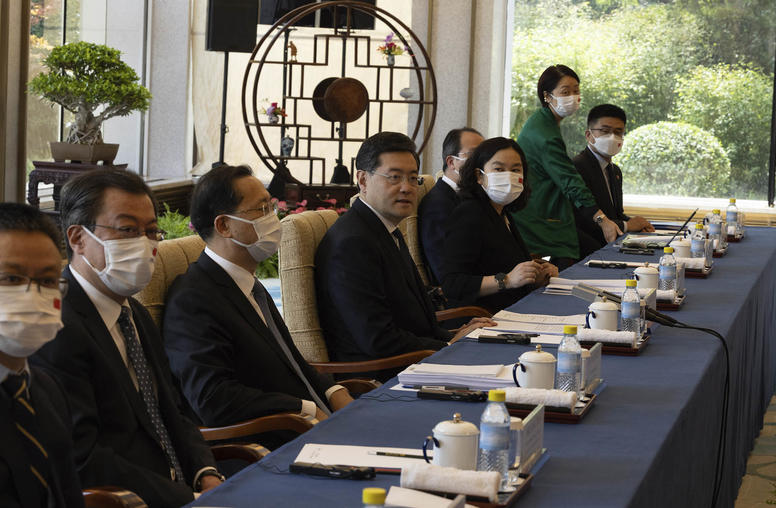
What Does Qin Gang’s Removal Mean for China’s Foreign Policy?
Speculation has run rampant the last month over the whereabouts of China’s foreign minister, Qin Gang. Rumors ranged from the salacious (he had an affair) to the mundane, while the official line states that he is dealing with health problems. On Tuesday, China officially replaced Qin with his predecessor, Wang Yi, who leads the Chinese Communist Party’s (CCP) foreign policy apparatus. Qin’s removal from office, and the erasure of references to him and his activities on official Chinese government websites, have only furthered interest into what happened. Beyond the political intrigue, the more substantive question is what this means for China’s diplomacy.
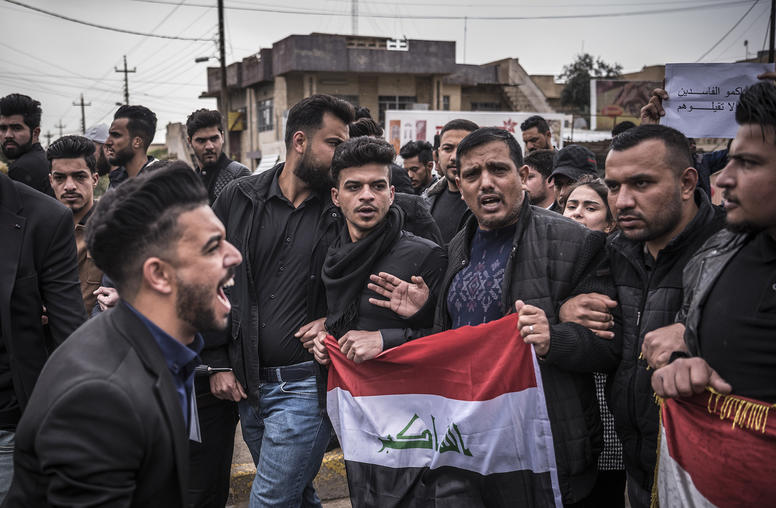
Iraq’s Democratic Imperative: Getting Provincial Elections Right
Iraq’s landmark 2018 national elections—the first since the military defeat of ISIS—presented an opportunity for a much-needed course correction for the country’s sclerotic political process. Unfortunately, that opportunity was not seized properly. The vote was marred by claims of widespread fraud, low voter turnout, a delayed results announcement and a protracted government formation process.
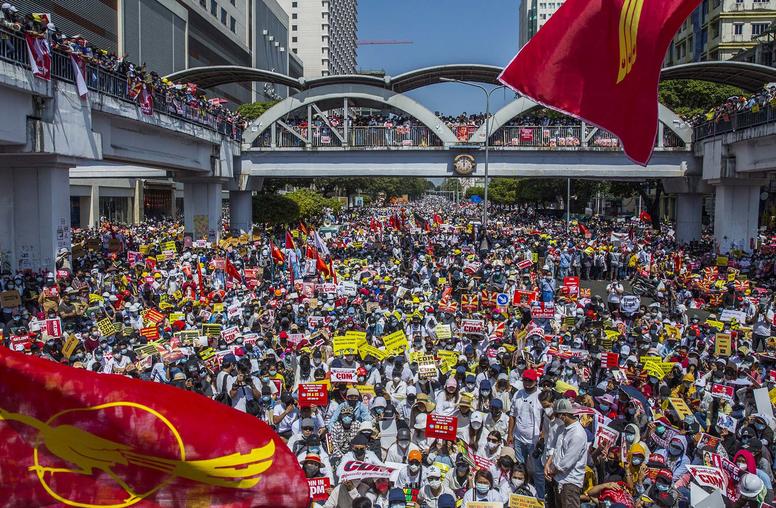
Four Takeaways on the Intersection of Nonviolent Action and Peace Processes
How can nonviolent action and peacebuilding work together? And how can they be brought together to promote positive long-term political change? Although mass nonviolent action movements are taking place at an increasingly rapid rate, they are succeeding in achieving their goals less frequently, and where initially peaceful demonstrations have been met by state violence from Myanmar to Colombia, better understanding these questions is crucial.
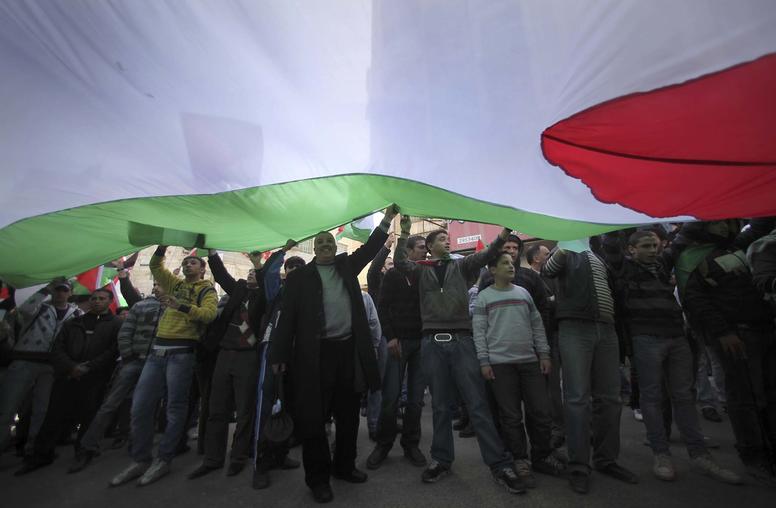
Palestinians’ Divided House Hampers Peace
In a scene reminiscent of the uprisings that swept the Middle East 10 years ago, Palestinian protesters took to the streets over the weekend, chanting, “The people want to bring down the regime.” The recent death of activist and Palestinian Authority critic Nizar Banat while in the custody of Palestinian security forces was the proximate cause for the unrest. But Palestinians’ disenchantment with their leadership has much deeper roots. Fifteen years after the last national elections, the Palestinian polity is as fractured as ever, adding but another obstacle to resolving the seemingly intractable Israeli-Palestinian conflict.
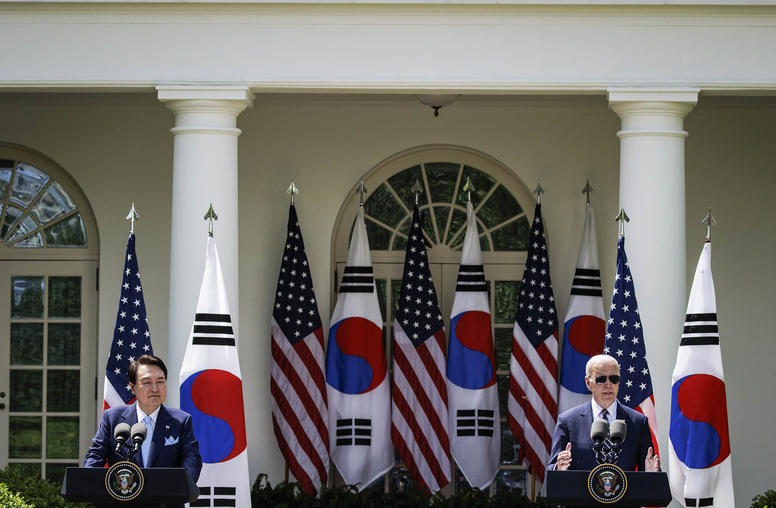
Will the ‘Washington Declaration’ Deter North Korea?
South Korean President Yoon Suk-yeol is in Washington this week as the United States and South Korea celebrate 70 years of bilateral ties. Yoon’s visit is only the second state visit hosted by the Biden administration and the first South Korean state visit in 12 years. While there have been some recent strains in the relationship over U.S. trade and semiconductor policy and Seoul’s support for Ukraine, the focus of the bilateral summit was on the threat posed by North Korea. Although the summit ostensibly achieved both sides’ desired security deliverables related to deterrence, reassurance and nonproliferation, these outcomes will likely not provide enduring solutions to the North Korea challenge.
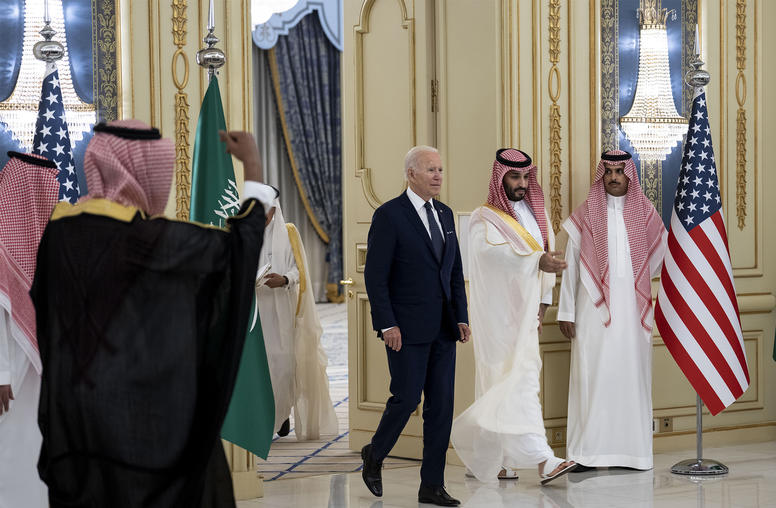
Is a Saudi-Israel Normalization Agreement on the Horizon?
In recent months, a drumbeat has built around the U.S. effort to negotiate a normalization agreement between Israel and Saudi Arabia. The deal would be a tectonic shift in Middle East geopolitics, but also carries major implications for other actors beyond the three negotiating parties. Israel would, of course, benefit from normalized relations with the Saudis — long seen as the “holy grail” of potential normalization agreements for the country. The Saudis, in turn, would see their interests advanced through strengthened U.S partnership in key areas. But this deal could also have serious implications for the future of the Palestinian national movement and, further afield, for the role of China in the Middle East.